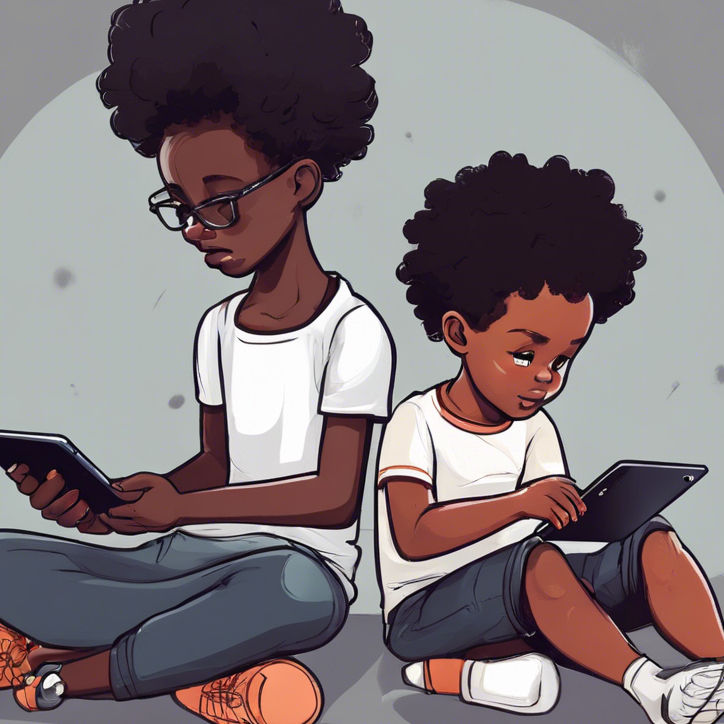You’re Not an Empath. You Were Just Taught to Manage Everyone’s Feelings
- Wole Akosile
- Jun 29, 2025
- 3 min read

It begins quietly. A child notices a shift in their parents’ tone. They sense when tension fills a room. They learn to read between words — not for meaning, but for mood.
By adolescence, it feels natural to accommodate. To soften conflict before it erupts. To hold others’ discomfort without letting it show.
Eventually, that child grows up, and someone calls them an empath. But what if it wasn’t sensitivity at all — just survival?
“What some call empathy is often just hypervigilance in disguise.”
The Polished Lie of Empathy
The term empath has become a buzzword, especially in online spaces where identity becomes currency. It's often framed as a kind of superpower — a heightened sensitivity, a gift for absorbing emotion.
But for many, especially those raised in emotionally unpredictable homes, this “gift” wasn’t freely chosen. It was learned. It was expected. It was required.
“Children who grow up around volatile or emotionally immature adults learn to read the room like their wellbeing depends on it — because, often, it does.”
What’s framed as empathy may actually be emotional hyper-attunement: a trauma response rooted in fawn behaviour, where appeasing and managing others becomes a form of safety.
The Psychology Behind It
Psychologists identify this behaviour as a form of emotional labour — and when internalised over the years, it can become a compulsive pattern.
Terms like codependency, fawning, or emotional caretaking describe states where individuals override their own emotional boundaries in order to regulate someone else's.
In systems where one person’s emotions dominate — whether due to mental illness, addiction, rage, or even cultural gender expectations — others often step in to stabilise. Children, especially, become attuned not out of innate empathy, but from a lack of emotional safety.
The Cost of Holding Everything
When people become practised in this kind of emotional management, it becomes second nature to deprioritise their own needs. They anticipate reactions before speaking. They soften truths. They absorb discomfort like sponges.
Over time, the cost shows up as:

Emotional burnout
Identity confusion (“What do I actually feel?”)
Chronic guilt
Difficulty setting boundaries without shame
“To always be the one who regulates others is to slowly lose access to your own emotional centre.”
And the worst part? Many of us are praised for it. We’re called “mature,” “grounded,” or “good listeners” — when often, we’re simply practised in disappearing.
Moving From Hyper-Attunement to Healthy Empathy
True empathy is mutual. It allows for emotional boundaries. It listens without absorbing. It feels with others, not for them.
For those of us socialised into emotional caretaking — especially women, queer folk, or children of emotionally unstable homes — the work isn’t becoming less “sensitive.” It’s learning to tell the difference between empathy and enmeshment.
This looks like:
Allowing others to sit with their discomfort without fixing it
Listening without internalising
Naming your own needs without guilt
Not managing silence as if it’s your responsibility
We Weren’t Born to Carry It All
Many of us didn’t choose to be “empaths.” We were taught — sometimes implicitly, sometimes through survival — that if we didn’t manage everyone’s emotions, everything might fall apart.
We’ve learned to mistake emotional vigilance for empathy, and burnout for care. But the truth is gentler than that: we are allowed to let go of what was never ours to carry.
“This isn't about becoming less caring. It's about becoming less consumed.”
We are not containers for everyone else’s chaos. We are people — with boundaries, with limits, and with the right to exist without constantly managing the temperature of the room.







Comments